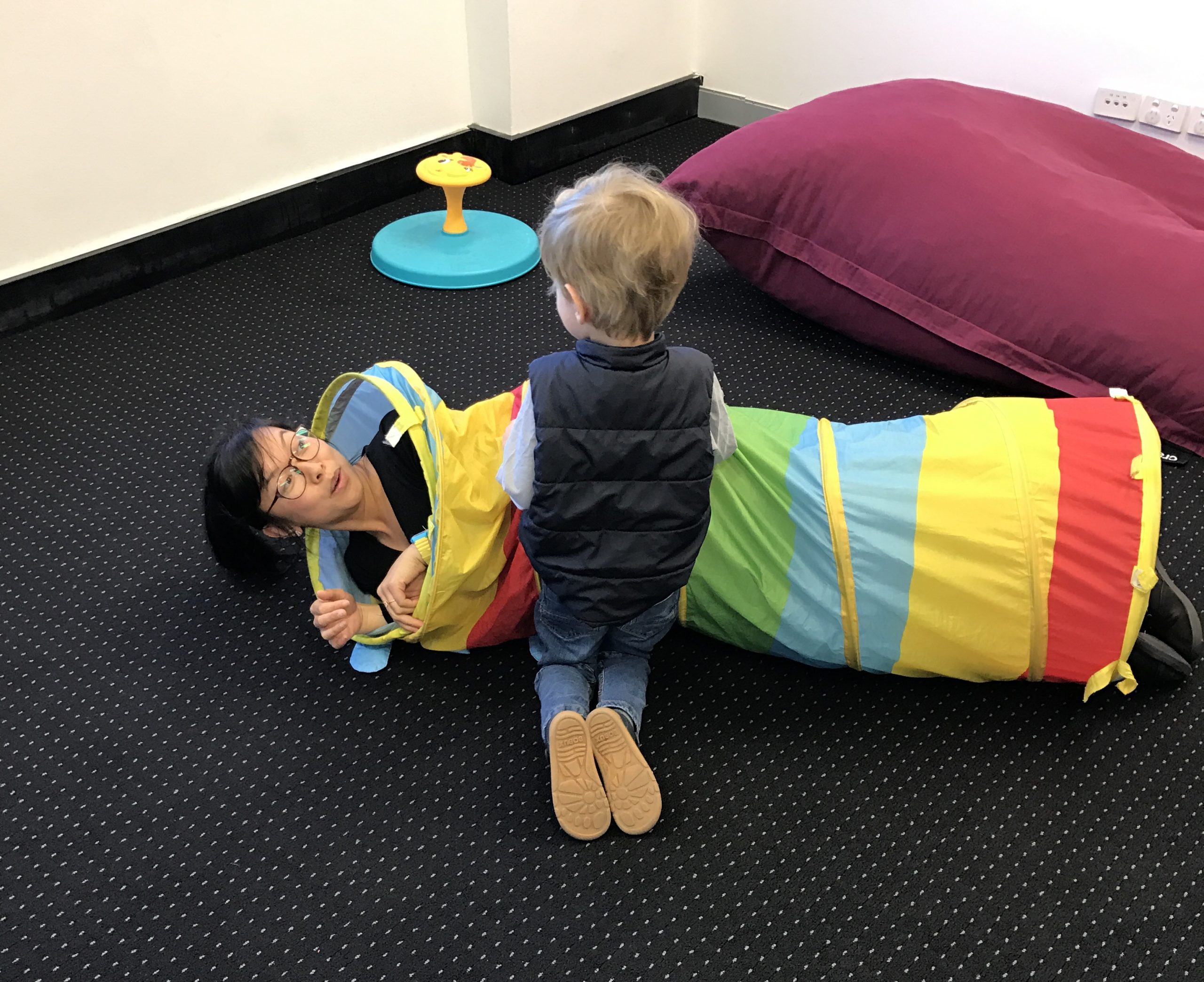
The Importance of Multidisciplinary Early Intervention Clinics for Children with Autism Using the Early Start Denver Model
Early intervention is crucial for children with autism, significantly impacting their development and long-term outcomes. Among the various approaches, the Early Start Denver Model (ESDM) stands out for its evidence-based and comprehensive methodology. To maximise the effectiveness of ESDM, it is essential for early intervention clinics to adopt a multidisciplinary approach. This blog explores why multidisciplinary clinics are vital for providing holistic and effective care for children with autism.
Understanding the Early Start Denver Model (ESDM)
The ESDM is a play-based, relationship-focused therapy designed for young children with autism, typically between 12 to 48 months. It integrates behavioural and developmental principles to enhance cognitive, social, emotional, and language skills through naturalistic and engaging activities. By embedding learning opportunities into play and routine activities, ESDM fosters an environment where children can thrive.
The Role of Multidisciplinary Teams
A multidisciplinary approach involves a team of professionals from various fields working collaboratively to address the diverse needs of children with autism. Here’s why this approach is essential in early intervention clinics using ESDM:
-
Comprehensive Assessment and Diagnosis
Children with autism often have a wide range of strengths and challenges. A multidisciplinary team, including speech pathologists, occupational therapists, psychologists, and paediatricians, can provide a thorough assessment. This comprehensive evaluation ensures that all aspects of a child’s development are considered, leading to a more accurate diagnosis and personalised intervention plan.
-
Integrated Therapeutic Interventions
ESDM emphasises the importance of integrating various therapeutic strategies to address multiple developmental domains simultaneously. A multidisciplinary team can seamlessly incorporate speech therapy, occupational therapy, and behavioural interventions into the ESDM framework. This integrated approach ensures that all areas of a child’s development are targeted, providing a holistic and cohesive treatment experience.
-
Tailored Educational Programs
Education and learning are at the core of ESDM. Teachers and educational specialists within a multidisciplinary team can develop and implement individualised education programs (IEPs) tailored to each child’s unique needs and abilities. These programs are designed to align with the ESDM’s goals, ensuring that children receive consistent and effective support both in therapy sessions and educational settings.
-
Enhanced Social and Communication Skills
Speech pathologists play a critical role in helping children with autism develop communication skills. Within a multidisciplinary team, speech therapists can work alongside other professionals to create a supportive environment that encourages language development and social interaction. This collaborative effort helps children generalise their communication skills across different contexts, such as home, school, and community settings.
-
Addressing Sensory and Motor Challenges
Many children with autism experience sensory processing and motor coordination issues. Occupational therapists within a multidisciplinary team can provide targeted interventions to address these challenges. By incorporating sensory integration techniques and motor skills development into the ESDM sessions, children can improve their ability to engage with their environment and participate in everyday activities.
-
Parental Support and Training
Parents and caregivers are essential partners in the ESDM approach. A multidisciplinary team can offer comprehensive support and training to families, empowering them to implement therapeutic strategies at home. This collaboration ensures that the benefits of therapy extend beyond the clinic, promoting continuous progress in the child’s natural environment.
-
Continuous Monitoring and Adaptation
Children with autism often require ongoing adjustments to their intervention plans. A multidisciplinary team can continuously monitor a child’s progress and make necessary modifications to the therapy program. This dynamic approach ensures that the intervention remains effective and responsive to the child’s evolving needs.
Conclusion
Multidisciplinary early intervention clinics are crucial for providing holistic and effective care for children with autism using the Early Start Denver Model. By bringing together professionals from various fields, these clinics can offer comprehensive assessments, integrated therapeutic interventions, and tailored educational programs. This collaborative approach not only enhances the child’s development across multiple domains but also empowers parents and caregivers to support their child’s progress.
We’re Here to Support You
At OneOnOne Children’s Therapy, we believe that every child deserves the opportunity to grow and thrive. Our multidisciplinary team in Bondi Junction and Mascot includes Speech Pathologists, Occupational Therapists, Psychologists and a Teacher. We are dedicated to providing holistic and personalised care for children with autism.
Reach Out for Support
If you’re interested in learning more about our multidisciplinary approach and how ESDM can benefit your child, OneOnOne Children’s Therapy is here to help. Find out more about the success rates of ESDM here.
Call our Sydney clinics in Bondi Junction and Mascot on (02) 80657837 or email us to discuss how we can support your child’s unique journey.
If you would to understand more about how many hours of intervention your child should do, read this post!
